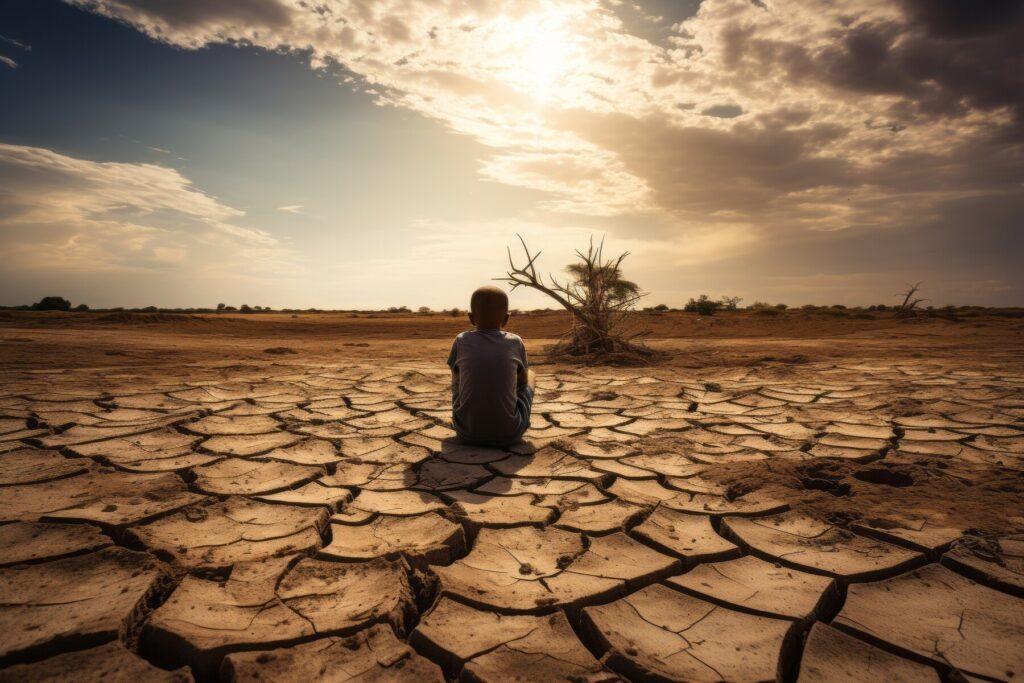
Teething Troubles of Water Scarcity:
Saudi Arabia, a vast desert kingdom, faces significant challenges in meeting its water needs due to its arid climate and lack of rivers. The country’s geography is characterized by extreme temperatures, low humidity, and limited precipitation, making water scarcity a pressing issue.
Harnessing the Power of the Sea: Desalination
To address this challenge, Saudi Arabia has turned to desalination, a process that converts seawater into freshwater. The country has invested heavily in building desalination plants along its coastlines, particularly in the Red Sea and the Persian Gulf. These plants use various technologies, including reverse osmosis and multi-stage flash distillation, to remove salt and other minerals from seawater, producing freshwater that meets drinking water standards. Desalination has become a crucial component of Saudi Arabia’s water strategy, providing a significant portion of the country’s drinking water.
Groundwater: A Non-Renewable Resource

In addition to desalination, Saudi Arabia relies on groundwater to meet its water needs. However, the country’s groundwater resources are often non-renewable, meaning they are not replenished naturally at a rate that can sustain long-term use. Fossil water, which dates back thousands of years, is a significant component of Saudi Arabia’s groundwater reserves. While this water is essential for agriculture, industry, and domestic use, its non-renewable nature poses significant challenges for sustainable water management.
Harvesting Rainwater: A Supplementary Source
Although rainfall is scarce in Saudi Arabia, the country has implemented rainwater harvesting systems in certain areas to supplement its water supply. Rainwater harvesting involves collecting and storing rainwater from rooftops, roads, and other surfaces, which can then be used for non-potable purposes such as irrigation, toilet flushing, and washing machines. This approach helps reduce the demand on desalination plants and groundwater resources, contributing to a more sustainable water management strategy.
Challenges and Opportunities:
While Saudi Arabia has made significant progress in addressing its water scarcity challenges, there are still opportunities for improvement. The country faces challenges in managing its water resources sustainably, reducing energy consumption associated with desalination, and promoting water conservation practices among its population. Nevertheless, Saudi Arabia’s experience in water management offers valuable lessons for other countries facing similar challenges, highlighting the importance of innovative solutions, strategic planning, and sustainable practices in ensuring a secure water future.
